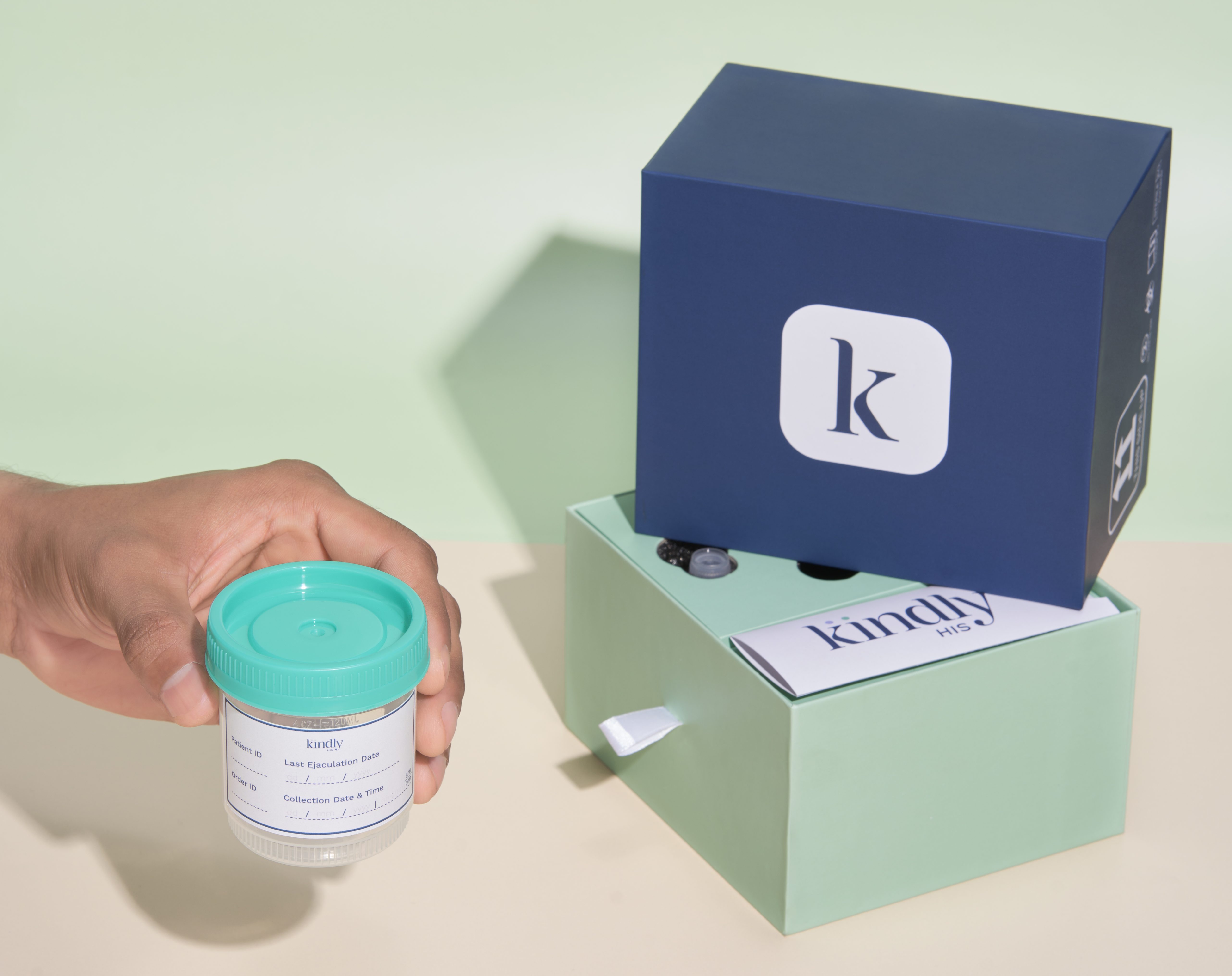Mental health startup Intellect’s ambitious goal is to be available across the Asia-Pacific, but ensure localized, culturally-competent care in each of the many markets it serves. Today it announced it has added $10 million to its war chest in a Series A extension led by Tiger Global, bringing the round’s total to $20 million. The first half of Series A was announced in January 2022.
Other investors in the extension round include new backers K3 Ventures, JAFCO Asia, Singtel Innov8 and PERSOL Holdings, with participation from returning investors Insignia Ventures Partners and HOF Capital.
Intellect describes this as “the largest venture round raised by any mental health company in Asia.” The capital brings Intellect’s total funding since the Y Combinator alum was founded in 2019 to $23 million, and will be used to launch commercially in more markets, expand its operations and build out its mental healthcare system.
Intellect’s coverage and self-guided programs are available in 15 languages. Though it has a consumer app, the company primarily takes a B2B2C model, with companies offering it as an employee benefit. Its clients include Merck, Philips, Foodpanda, Singtel, Shopee, Omnicom Media Group and abrdn. It currently serves 3 million users in more than 60 countries and has therapists and coaches based in 20 countries.
Founder and CEO Theodoric Chew told TechCrunch that it decided to raise an extension instead of moving onto a Series B because the company is in a strong position and making revenue. “With the current economic climate, we wanted to put it in a better position for the next two years and beyond, so we have a strong war chest and are not distracted.”
Intellect primarily sells to regional hubs with a lot of conglomerates and headquarters. For example, Singapore, Hong Kong, Japan, Australia and New Zealand are all core markets. Currently, most of its clients are from Singapore, Hong Kong and New Zealand.
Intellect’s platform has two components. The first is the tech product, which includes its self-guided programs and app. The second is its clinical team of coaches, therapists, psychologists and psychiatrists.
Chew said the company works with professionals in each market to ensure culturally competent care.
“That’s something we have thought very deeply about from day one,” he said. “Essentially, what makes sense for Intellect in each region. It’s about having a product that’s hyper-localized for each culture, each region and country as well. To give an example, when someone struggles in Thailand or in Hong Kong, it’s quite different from Singapore in terms of what stresses they have.”
Though Intellect is available in 15 languages, Chew emphasizes that its goal isn’t just to translate the same material.
“We work with providers in every market, clinicians, psychologists, a team, to make sure that we’re not just translating, but also have examples and scenarios for the local context, and that extends to its own network of providers as well,” he said. “So beyond the app the being localized in pretty much every country in APAC today, we have a whole network of local, native, on-the-ground professionals.”
When someone logs into Intellect for the first time, they are prompted by chat to speak with a provider. Chew said this is important because it results in the most user retainment. “The majority of people in Asia have never seen a professional therapist or coach, so this is a barrel of newness for them.”
The mental wellness tech space in Southeast Asia has grown rapidly over the past few years. A new examples include Meta-backed Ami, MindFi and Thoughtfull, plus a roster of startups focused on specific markets, like Ooca in Thailand or Naluri in Malaysia.
“It’s definitely great to see more and more players pushing and coming to this space,” said Chew. “For us, I think that means there is more awareness and push to expand the category. It’s a huge cultural shift and push that we’re building for. It’s not just going to be a zero sum game from the get-go.”
As for how Intellect differentiates, Chew said the main thing is aiming to be an end-to-end platform for mental health care, ranging from its self-guided programs to psychiatric care.
In a statement, Tiger Global partner Jay Chen said, “With its tech-empowered, end-to-end holistic approach, Intellect is poised to become a leader in offering access to mental healthcare across Asia. We are excited to partner with the Intellect team as it builds a flexible, responsive and modern system for a critical component of healthcare.”


